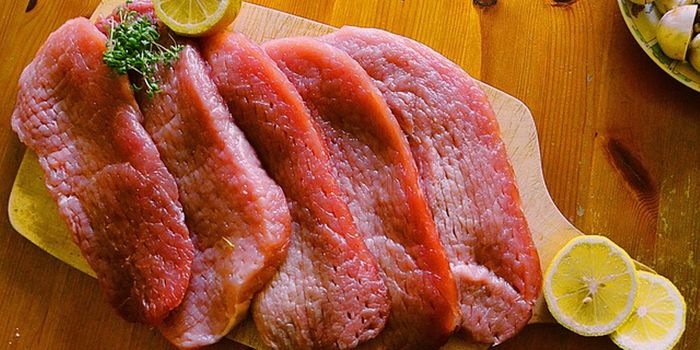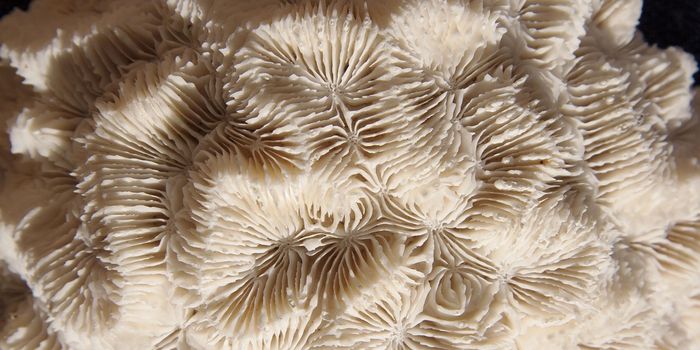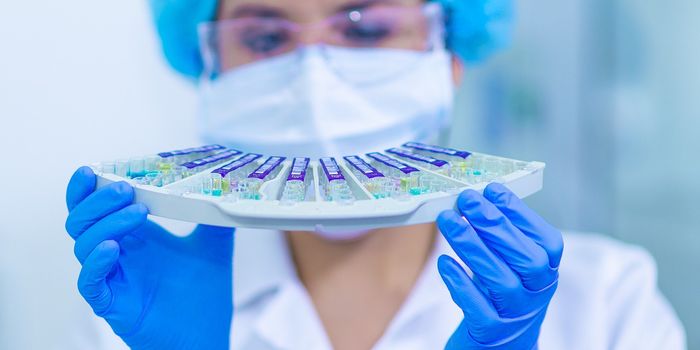Immunotherapy Enhances Standard of Care for Stomach Cancer
For many cases of gastric (stomach) or gastroesophageal (GEJ) cancer, the standard treatment involves surgical removal of the malignant tissue, along with perioperative chemotherapy. Patients undergoing perioperative therapeutic regimens receive treatment both before (neoadjuvant) and after (adjuvant) the primary treatment. Patients with gastric or GEJ cancer may receive a four-component chemotherapy regimen known as FLOT (containing fluorouracil, leucovorin, oxaliplatin, and docetaxel) before and after surgery.
To test the efficacy of adding immunotherapy, durvalumab, which blocks the immune checkpoint PD-L1, a team of researchers carried out a multi-institutional phase three clinical trial (NCT04592913). The results of the trial, recently published in the New England Journal of Medicine, show encouraging data from including immunotherapy with standard perioperative chemotherapy.
The study enrolled 948 patients with resectable gastric or GEJ cancer. The researchers randomized the patients into two treatment groups consisting of 474 patients each. One group (durvalumab) received durvalumab plus chemotherapy before and after surgery. The second group of patients (placebo) received placebo plus chemotherapy before and after surgery.
The researchers first evaluated two-year event-free survival (EFS), indicating the number of patients who experience no “events” that the treatment intended to prevent, such as cancer progression. Notably, within the two years following treatment, patients in the durvalumab group experienced significantly longer EFS than those in the placebo group (67.4% versus 58.5%). When evaluating two-year overall survival (OS), the number of patients who survive two years following treatment, the researchers also found a benefit to patients receiving the immunotherapy regimen. Specifically, 75.7% of patients in the durvalumab group achieved two-year survival, compared to 70.4% in the placebo group. In addition, the pathological complete response rate, a measure of patients with no detectable signs of cancer following treatment, was significantly higher in patients receiving durvalumab than those receiving a placebo (19.2% versus 7.2%).
Patients experiencing severe adverse events remained similar between treatment groups, indicating that durvalumab did not inflict any higher toxicities or side effects and suggesting safety regarding the inclusion of the immunotherapy in this treatment regimen. Notably, the percentage of patients who had to delay surgery due to complications from adverse events was also similar between the treatment groups.
The study shows strong evidence that adding durvalumab to perioperative chemotherapy resulted in significant patient benefit, including better EVS, OS, and more complete responses. The encouraging data conveys great promise to those battling gastric and GEJ cancers, as evidenced by better long-term outcomes without added side effects.
Sources: Semin Radiat Oncol, NEJM









